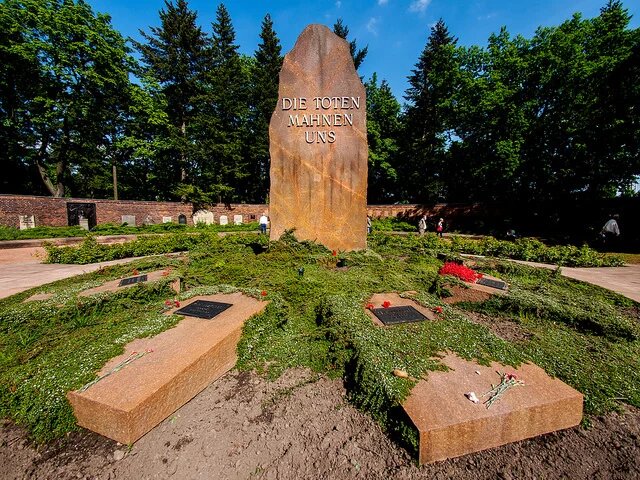Der 100. Jahrestag des Ersten Weltkriegs hat die Gesellschaften des Balkans, vor allem aber ihre politischen und intellektuellen Eliten, an eines der bedeutendsten historischen Weltereignisse erinnert.
In manchen Fällen hat dieser Jahrestag jenen Teil der Geschichte buchstäblich vor dem Vergessen bewahrt. Eine kurze Übersicht der Erinnerungskultur zum Ersten Weltkrieg und die Ereignisse in dieser Zeit in einigen der Balkanstaaten führen uns zu dem Schluss, dass ein solches Weltereignis – mit weitreichenden Folgen für die Region – in Vergessenheit geraten ist, da eine andere Geschichte die nationalen Narrative beherrscht. (Weiter in englischer Sprache)

Memories of the First World War and the 1917 October revolution in former Yugoslavia
The centenary of the First World War reminded the societies in the Balkans and especially their political and intellectual elites to the one of the most important global historical events. In some cases, literally, the centenary had taken out this history from oblivion. A brief review of the culture of remembrance in some of the Balkan countries about the First World War and the events related to it can lead us to a conclusion that such a great world event with far reaching consequences in the region has been neglected, as other histories dominate the national narratives.
In the Yugoslav case, the end of the socialism and rise of the nationalism and the subsequent wars in the 1990s brought some radical changes to the interpretation of the First World War and the development of a new culture of memory. The three essays or examples from Bosnia and Herzegovina, Croatia and Macedonia demonstrate how the war was instrumentalized for political purposes and how the intellectual and political elites selected specific events from the history of the war considered to be important for the national narrative and the nation.
Amir Duranović, presents well the place and the importance of 1917 and the First World War in the Bosnian society as well as the changes in the debates over these events in post-Dayton Bosnia and Herzegovina. The case with the centenary of the murder of the Archeduke Ferdinand in Sarajevo showed the deep division in the Bosnian society and the abuse of the past for political purposes, which further deepens the inter-ethnic division in the country.
Boris Stamenić’s essay and the Croatian example of the politics of monuments from the First World War and its aftermath, as well as the policy of naming streets and squares, shows very well the place and the importance of this history in Croatian society. Like in the other cases, for the Croatian society it was more important to look on the symbolical importance of the 1918 and the end of the war in regards to the political and administrative changes, i.e. the foundation of Yugoslavia, than to look to other aspects of the war and its effects on the Croatian society.
In his contribution Petar Todorov tries to examine the development of the historical narratives and their uses for political purposes in both socialist and post-socialist Macedonia. With slight changes, the First World War and the year 1917 remain as a vivid example of a politically engaged history that serves to legitimize specific political ideologies and interests. However, in the Macedonian case, it is evident that the history that is neglected by the local historians has a strong impact on the creation of ongoing historical and political myths in the Macedonian society.
Although the history of the First World War and 1917 represents minor and marginal historical event in the domain of the public space and culture of remembrance, it has strong a potential to cause political tensions and conflicts in the countries and between the neighbors.